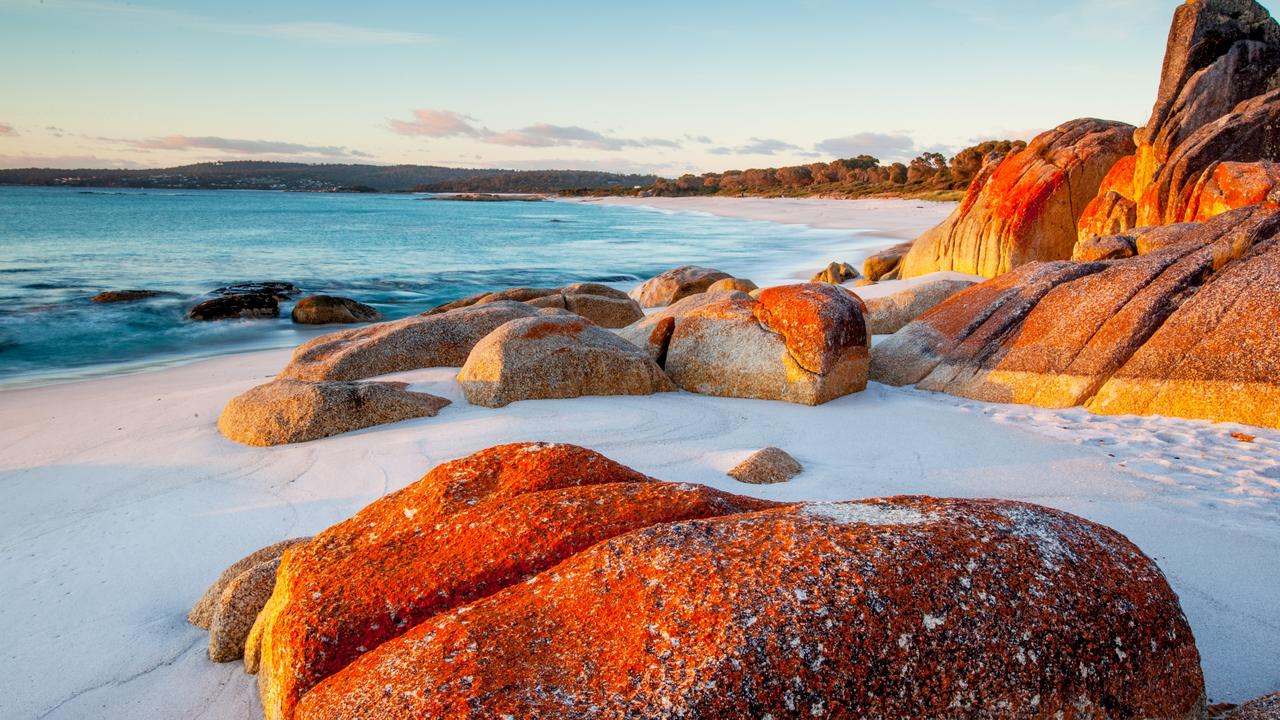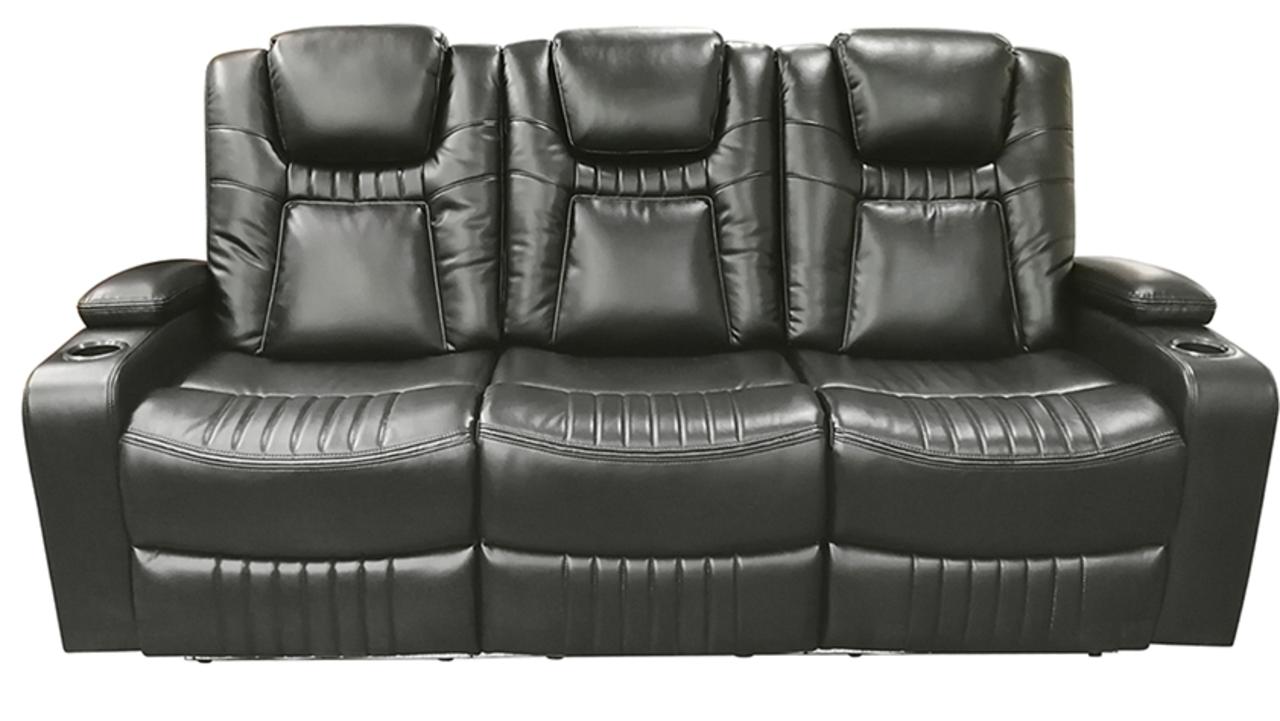Meta faces EU investigation over election misinformation
Mark Zuckerberg’s Meta is set to be probed over how it handles disinformation before EU citizens go to the polls.

Companies
Don't miss out on the headlines from Companies. Followed categories will be added to My News.
Meta faces possible action by the European Union over concerns the social media giant is not doing enough to stop disinformation ahead of the EU elections.
Brussels is expected to launch an investigation later this week against the owner of Facebook, Instagram and WhatsApp over how it handles disinformation before EU citizens go to the polls in June.
Regulators suspect that Meta’s content moderation does not go far enough to stop the dissemination of political advertising that risks undermining the electoral process, the Financial Times reported, citing two people with knowledge of the matter.
But the European Commission is not expected to single out Russia in its statement, and will only refer to manipulation of information by foreign actors, the report said.
Under the EU’s Digital Services Act 2022, Facebook, Amazon and other large tech companies must curb hate speech, propaganda and other harmful content. Failure to do so can result in significant fines.
In a statement, a spokesperson for Meta said: “We have a well-established process for identifying and mitigating risks on our platforms. We look forward to continuing our co-operation with the European Commission and providing them with further details of this work.”
META’S $260M TAX DODGE
Facebook owner Meta takes more than $262m a year in tax funding from health, education and aged care by shifting money reaped from Aussie ads to Ireland, experts say.
“Facebook is slapping Australians in the face with its egregious and aggressive tax dodging,” Jason Ward, the principal analyst at the Centre for International Corporate Tax Accountability and Research, said.
Facebook Australia’s most recent financial accounts show that in 2022 it received $1.25bn from Australian businesses who advertised on the social media platform and immediately sent $1.03bn to another member of the Meta group as payment for “advertising inventory”.
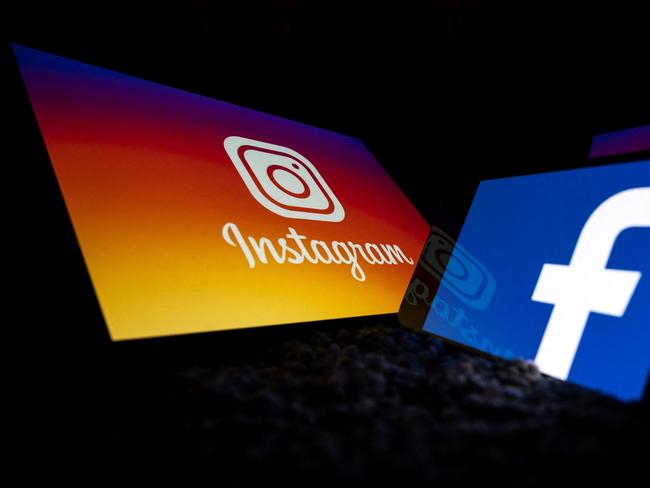
The company that received the cash, Meta Platforms Ireland, soaks up revenue from Meta subsidiaries around the world and pays tax on its profit at the Irish rate of 12.5 per cent – less than half Australia’s corporate rate of 30 per cent.
Mr Ward said the move may be legal but it took away “funding for essential services like public health, aged care and education”.
“How can honest Australian businesses compete when multinationals are able to shift billions offshore?”
Mr Ward said his estimate that tax dodged was $262.4m was conservative and “based on available data and comparisons with Ireland”.
The Irish jig helped slash the profit declared by Facebook Australia to just $77m before tax, reducing the local company’s tax paid to $31m, at the same time as boosting profits in Ireland, which the EU Tax Observatory says is the world’s second-biggest corporate tax haven.
Big companies, including tech giants, move more than $US140bn ($A213bn) to the Emerald Isle every year in pursuit of advantages including the country’s low company tax rate, the think tank said in a global tax evasion report released in October.
Tax Office data shows that Facebook Australia’s local profit margin is under 9 per cent – less than a third of the 30 per cent margin Meta enjoys as a global group.
“This discrepancy is potentially a huge red flag that one of the world’s largest corporations is dodging obligations, competing unfairly and jeopardising funding for our public services,” Mr Ward said.
“The situation is undoubtedly far worse in other countries around the world with less resources and wherewithal to collect taxes that should be due.”
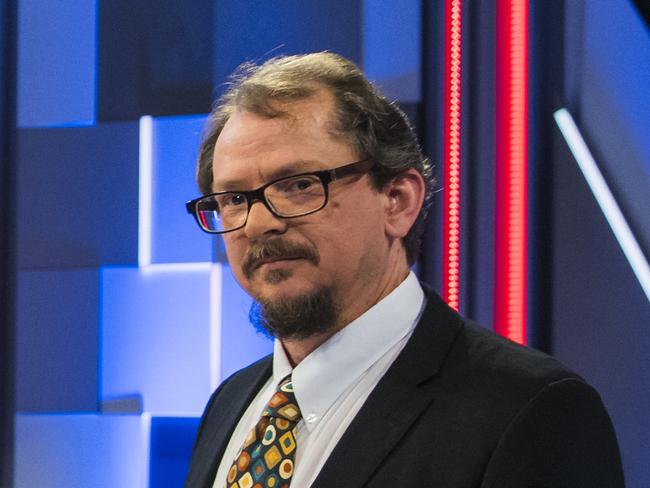
Irish company documents show Meta Platforms Ireland channels money it gets from territories including Australia into one of Meta’s key cashboxes, another Irish company called Facebook International Operations which receives billions of dollars a year but has no employees.
In the same year, 2022, as it received $1bn from Facebook Australia, Meta Platforms Ireland paid Facebook International Operations a dividend of euro 3.7bn ($A6.1bn).
Facebook International Operations in turn paid a US company in the Meta group, Facebook International, $US2.4bn.
Meta’s ultimate boss, founder Mark Zuckerberg, stands to benefit from the group’s global cash shuffle when it pays its shareholders an estimated $US51.bn ($A7.8bn) in dividends this year.
Mr Ward estimates Mr Zuckerberg will receive US$700m ($A1bn) in dividends – about the same amount Facebook sent to Ireland tax-free back in 2022.
Former Australian Competition and Consumer Commission chair Allan Fels said Facebook and Google had sopped up much of the advertising spending that previously went to newspapers, radio or TV, causing “a serious decline” in the amount of public interest journalism that is produced.
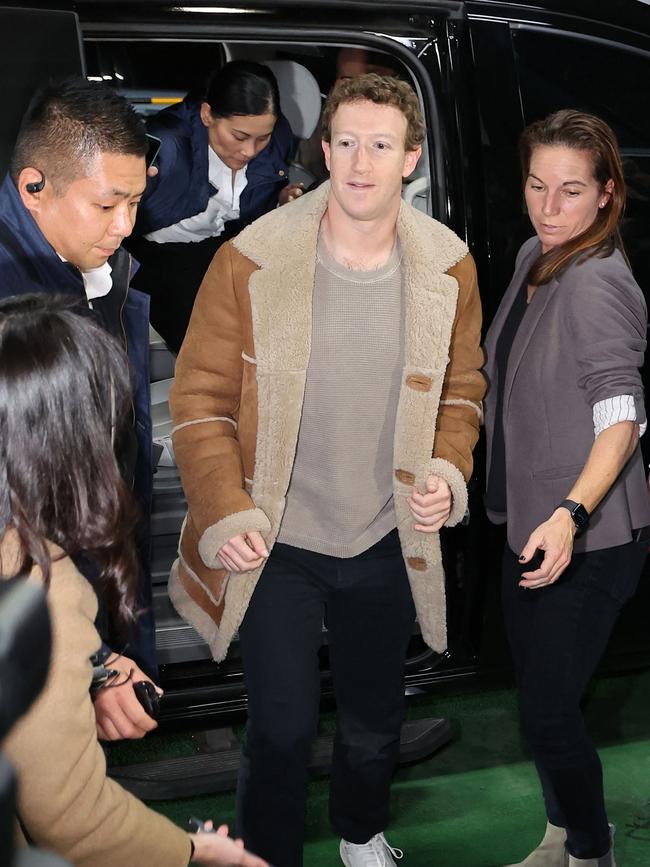
“There are many parts of Australia where there is simply no local news coverage,” he said.
“That’s of a serious detriment to democracy and the functioning of government.”
He said the government should consider taxing digital platforms to pay for journalism.
“I see a case for immediate government action as well as for actions going to longer term resolution,” he said.
Facebook has announced that it will not renew contracts with news organisations, including News Corp, under which it agreed to pay to support journalism in return for avoiding having to enter arbitration with publishers over how much news is worth to the platform under the News Media Bargaining Code introduced by the Morrison government.
Immediate past ACCC chair Rod Sims, who developed the code, said there was “a contradiction” in Meta’s assertion that news was less than 3 per cent of people’s feeds but that at the same time it sent clicks worth $115m a year to publishers.
“If you’re convinced there’s not much value in it, go through to arbitration,” he said.
“They don’t even want to talk about it, which I think makes one suspicious.”
Meta didn’t answer detailed questions.
A spokesperson said the company “takes its tax obligations seriously and pays all taxes required in every country that we operate, including Australia”.
“We have always paid income tax in accordance with Australia’s taxation laws, and in the last financial years at effective tax rates well above the statutory company income tax rate.”
ZUCK’S BUCKS: WHO’S WHO IN THE META ZOO
Mark Zuckerberg
Founder, chairman and CEO of Meta
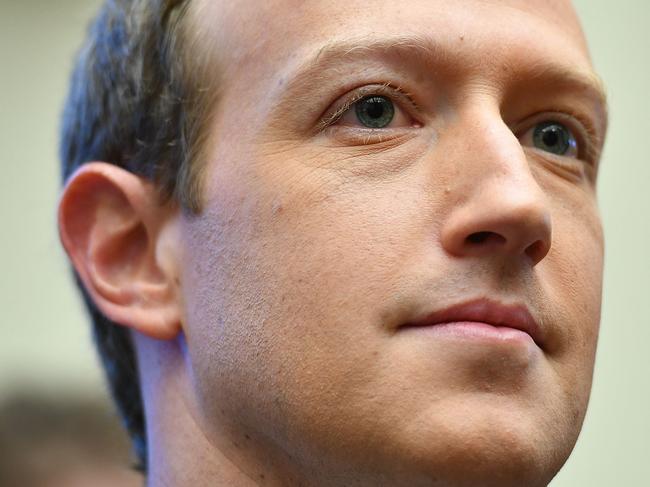
The fourth-richest person in the world with an estimated net worth of almost $US180bn ($A275bn) and too many homes to count, “Zuck” founded Facebook in 2004 while a dorky undergraduate at elite US university Harvard.
He owns about 13.613 per cent of the company, which is now named Meta to reflect his obsession with building virtual reality space the “metaverse” – a project that so far has largely failed, costing the company hundreds of billions of dollars.
It pays him US$1 a year in wages – but also pays him $US27m ($A41m) a year to cover security and travel, including private flights on his own plane.
Nick Clegg
President of global affairs
Sir Nick is a UK politician who as leader of the Liberal Democrats was deputy prime minister to Tory David Cameron in a coalition government that lasted between 2010 and 2015.
Mr Zuckerberg hired him in 2019 to help hose down scandals engulfing Facebook that included privacy breaches in the UK and the platform’s role in violence against the Rohingya ethnic minority in Myanmar.
He’s reportedly on about $5m a year and last year reaped an additional $10.6m by selling some of his shares in Meta.
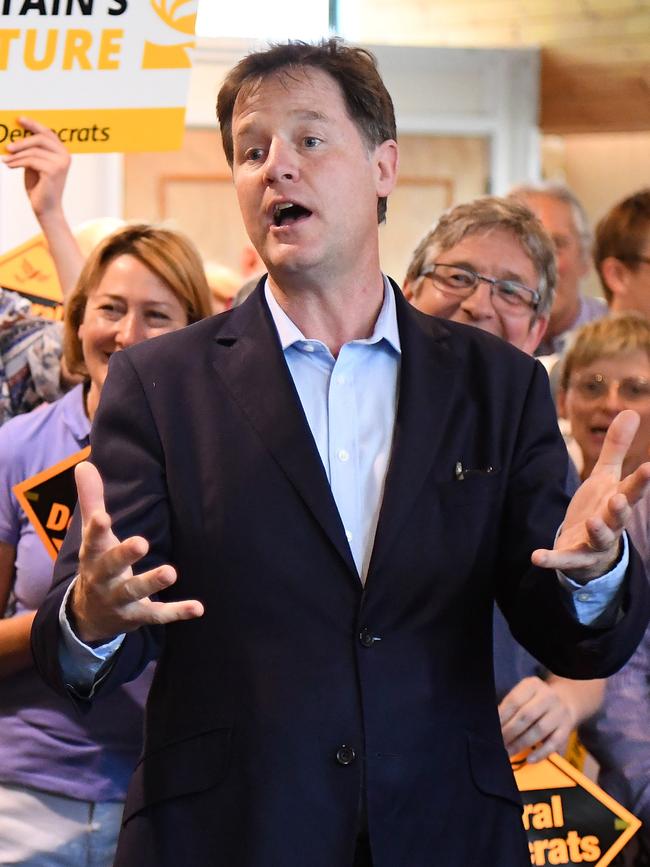
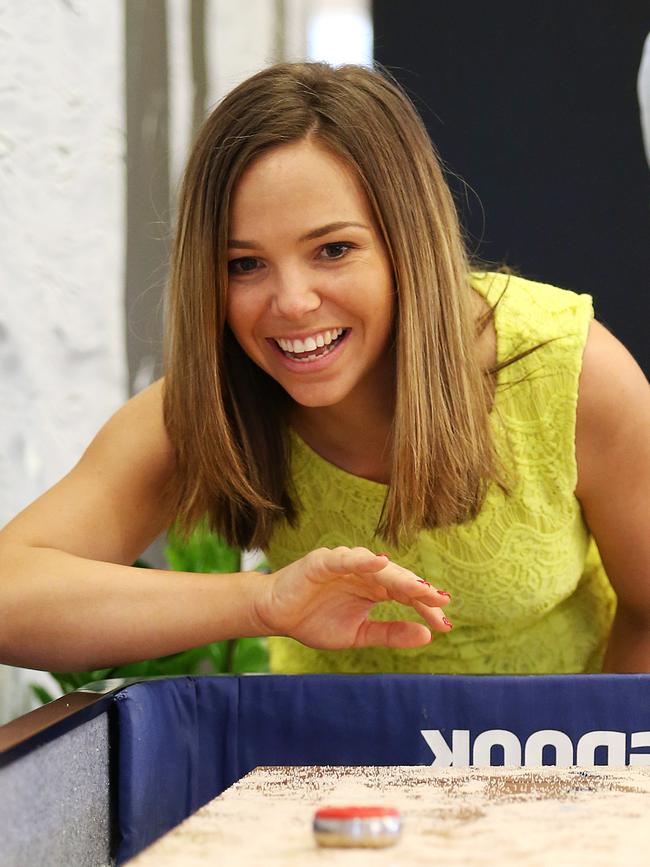
Evelyn Bishop
Marketing lead Australia and New Zealand
Ms Bishop is Meta’s longest-serving Australian executive, starting as executive
assistant to country manager Paul Borrud in 2009, at a time when the company was called Facebook and had two people running the local operation.
Since then she’s worked her way up the ladder through a variety of jobs, including a stint in Singapore as acting head of marketing for the whole of the Asia-Pacific.
Will Easton
Managing director Australia, New Zealand and Pacific
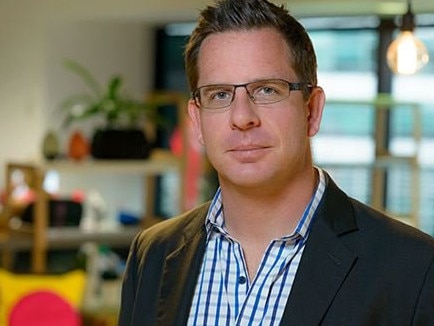
Meta doesn’t disclose how much it pays Mr Easton, but company accounts show that in 2022 its Australian top brass were paid a total of $3.56m – down from $5.4m the previous year.
He owns a mansion with a pool and water views in Sydney’s Balgowlah Heights that he bought a decade ago for $2.19m and is now certain to be worth far more.
Mr Easton has been at Meta since 2013 in a variety of roles that usually involved being responsible for the Australian market. Before that he was at another US tech giant, Google.
He began his executive career as a marketing executive for Coca-Cola in London in the late 1990s.
More Coverage
Originally published as Meta faces EU investigation over election misinformation



